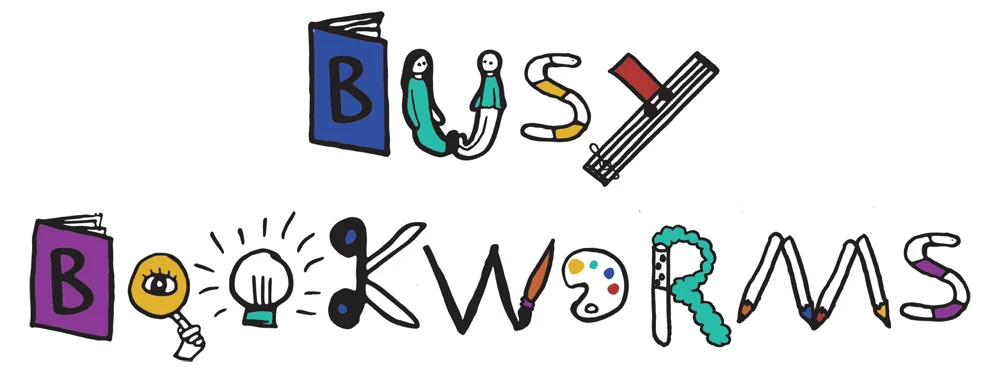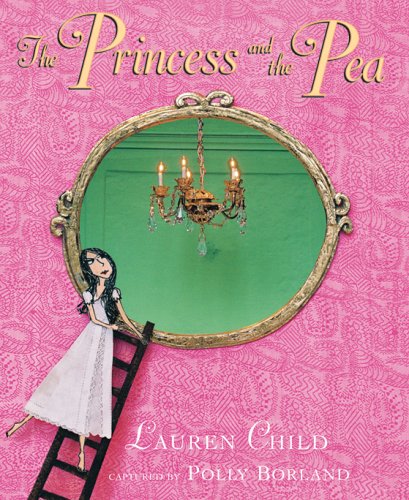With a constant supply of new and exciting children’s books being released each week (with the allure of glittery pages, fart jokes and celebrity authors), it’s easy to overlook the traditional fairy tales when choosing a bedtime story. Many of these stories may now seem out-dated, archaic or boring, compared with newer children’s books – unless of course they have a recent Disney adaptation to rekindle our interest!
However, there are many excellent reasons to continue sharing traditional fairy tales with your children, and some fantastic newer editions of these classic tales that can help to make them appealing to a young audience. In much of the literature about the benefits of reading fairy tales with children, there are four main areas that are repeatedly mentioned.
1. Fairy Tales teach children right from wrong
Fairy tales contain strong moral lessons, and are usually some form of fight between good and evil. According to Saoirse Docherty of the Scottish Book Trust, “Fairy tales teach children that good will always triumph and, while this may not be true in aspects of the real world, the lesson is simple and important. Be the hero, not the villain.”
2. Fairy Tales help to develop critical thinking skills
Throughout each fairy tale, when bad things happen, characters have decisions to make, and in most cases, good choices are rewarded and bad choices are not. These stories teach children that in life, if we make the right choices, often things will turn out well in the end.
3. Fairy Tales help children explore their emotions
According to child phychologist Sally Goddard Blythe, “Fairy tales give children a way, through stories that are safely set apart from themselves, to understand some of the really confusing and difficult feelings that they can’t yet articulate for themselves.” The main character in fairy tales is often a child, and if that child grapples with big emotions, such as fear and grief, the reader is able to relate their own struggles with those of their fairy tale heroes.
4. Fairy tales are a fun way to build imagination
Having a well-developed imagination is not only important when making up stories and games as a child – it can play a role in the type of education and career we choose, and indeed the lives we creates for ourselves as adults. Fairy tale characters often find out-of-the-box solutions to their challenges, from which all readers can learn the power of possibility and creativity. Above all, reading about the perils of our fairy tale heroes in a world filled with magic, adventure and fantasy, is highly engaging and lots of fun!
Fairy Tales for Today’s Kids
Here are some recently published fairy tale books you might like to check out.
Fairy Tales for Feisty Girls by Susannah McFarlane
This is a retelling of four classic fairy tales, focusing on the ways in which the female protagonists use their strength and wits to find solutions to their problems. Each story is illustrated by a different artist, delivering this book’s meaningful message absolutely beautifully.
Yummy: Eight Favourite Fairy Tales by Lucy Cousins
Most children will be familiar with Lucy Cousins from her prolific Maisy series, about Maisy Mouse and her friends, and the more recent Little Fish books. In Yummy, Cousins brings her distinctive bright, colourful illustrations to simple (and sometimes a little gruesome!) retellings of eight classic fairy tales.
Goldilocks and the Three Bears and The Princess and the Pea by Lauren Child and Polly Borland.
Well known to most children as the creator of the Charlie and Lola series, Lauren Child has also written two humorous adaptations of traditional fairy tales. Both books are illustrated very distinctly – together with acclaimed photographer Polly Borland, Child created a 3D diorama in which the action of the story takes place, and photos of these amazing miniature worlds form the illustrations in the books. This style really brings the stories to life, making them instantly appealing to adult and child readers alike.
To conclude, in the words of Albert Einstein, “If you want your children to be intelligent, read them fairy tales. If you want them to be more intelligent, read them more fairy tales.” So pick up a fairy tale to read in bed tonight!
NEXT: We Need to Talk: 15 Books For Discussing Difficult Subjects With Your Children





